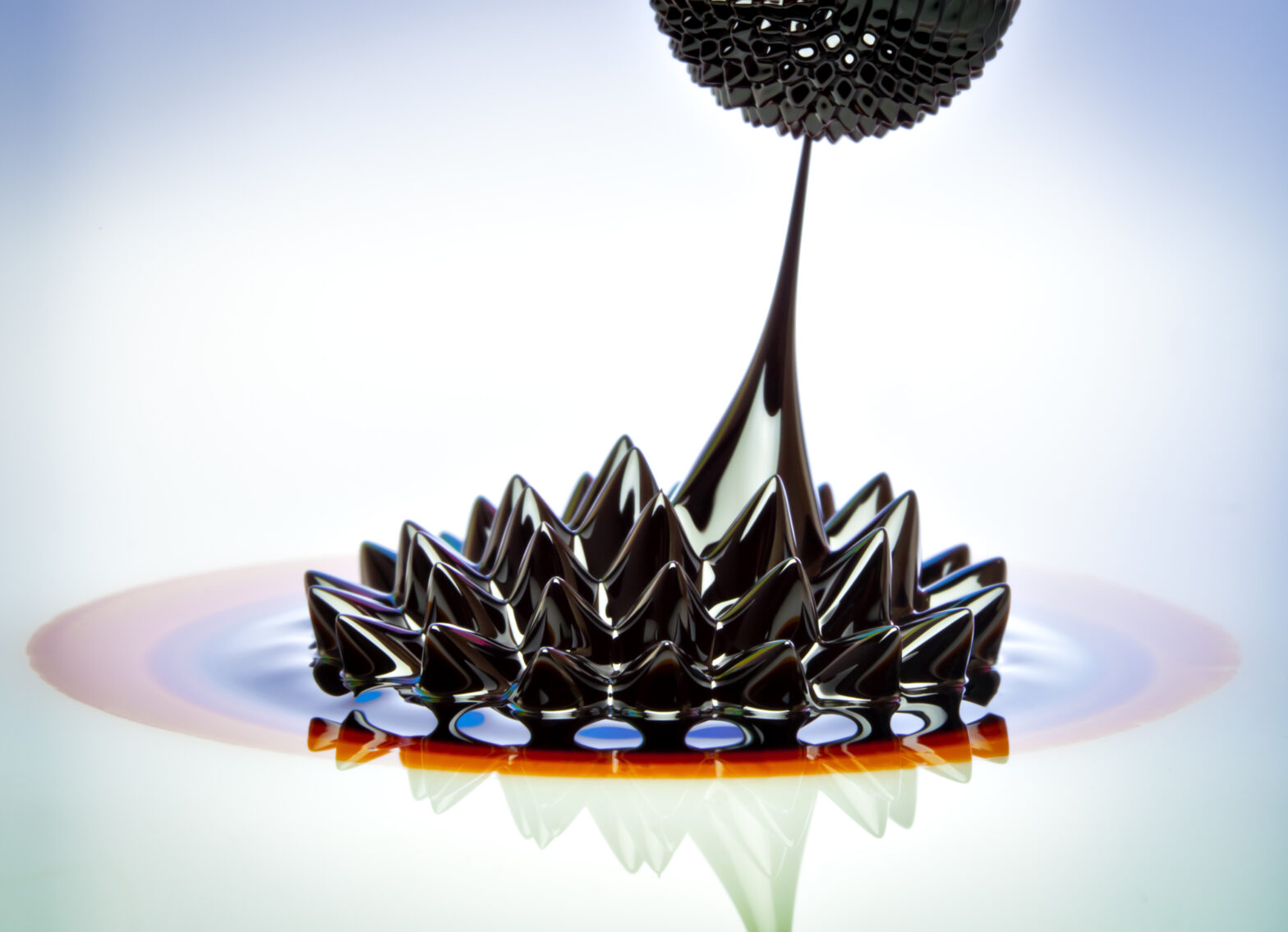Everyone in the venture capital world has heard of ‘Moulton’s millionaires’, the innovators and entrepreneurs backed to success and riches by John Moulton’s Alchemy group. Now, Professor Leigh Canham, inventor of a versatile substance called ‘bio-silicon’, can claim to be the first Qinetiq millionaire, owing his good fortune to backing from Qinetiq, the former Ministry of Defence scientific arm that is now spotting tomorrow’s winners in the private equity pool.
Bio-silicon is a nano-structured porous silicon, biocompatible and biodegradable, derived from the semi-conductor silicon chip industry, which is claimed to have many potential therapeutic applications. These include slow-release controlled drug delivery and ‘highly-targeted cancer therapy’, known as brachytherapy.
Stephen Lake, a British venture capital and corporate venturing specialist with extensive US experience who now plays a key role at Qinetiq, spotted a promising nano-technology company, pSivida, which recently launched its Aussie-listed shares onto Ofex. Headed by entrepreneur Gavin Rezos, pSivida bought Canham’s company after promising clinical trials in Singapore.
The company went for £40 million. Canham, now chief scientific officer of psiMedica, a division of pSiVida, made £2 million on the deal and stands to prosper further.
Nanotechnology: Steve Currall
Steve Currall, visiting professor of entrepreneurship at London Business School, discusses the power of nanotechnology.
What will be the next industrial revolution? Some say that it will be nanotechnology and that the revolution has already begun. Nanotechnology is the art and science of making very small devices and materials.
There are approximately 500 commercial products that are already on the market. Governments and companies around the world are investing billions of dollars into this new technology.
At the moment the US is in the lead but by 2015 it’s expected that Europe will actually pass up the US in terms of commercial revenues from the nanotechnology products. And Russia has recently invested a billion dollars worth of research funding into nanotechnology.
What are the potential implications of nanotechnology for your business? Nanotechnology may produce new products that are a threat to your core business. Nanotechnology represents a business opportunity for you. It can be the source of new products that can generate new sources of revenue and tap into markets that you’ve never approached in the past.
In my own research I recently completed surveys of consumer perceptions of new products containing nanotechnology.
Surprisingly, we found that consumers don’t just focus on risks of emerging technologies like nanotechnology, they focus both on risks and benefits and they weigh those off in a very sophisticated mental calculus that they use when they are deciding whether or not to purchase a new product.
Ultimately consumer acceptance of emerging technologies like nanotechnology will be based in part on a company’s ability and willingness to be transparent and forthcoming about both risks and benefits of new products.
What will be your response to the nanotechnology revolution? Will you leverage it for increased competitive advantage of your company, or will it overtake you and represent the potential threats from others in the marketplace?
Steve Currall also teaches on a brand new 2-day programme at London Business School – Corporate Governance:Managing the Board of Directors.






